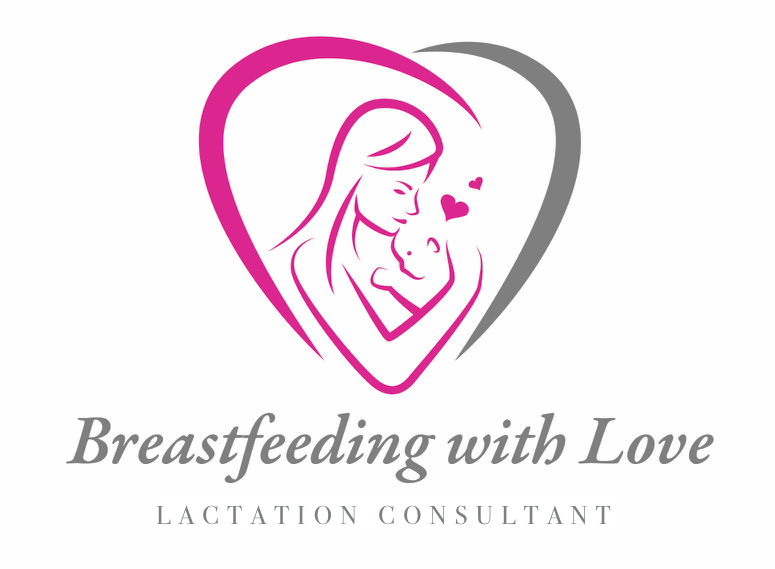Polycystic Ovary Syndrome, PCOS and Breastfeeding
Breastfeeding is best for your baby. It provides the right nutrients for your baby to grow. Even women with Polycystic Ovary Syndrome, PCOS, can breastfeed. In fact, it is important that women who want to breastfeed with PCOS, make sure they are educated about PCOS, while pregnant and breastfeeding.What is PCOS?PCOS is is an endocrine disorder in females. Women can experience many signs of PCOS. Early detection is important because women with PCOS can develop diabetes and high cholesterol. Women with PCOS can experience cysts in their ovaries, high levels of testosterone, which is a male hormone. High levels of testosterone can lead to Hirsutism, which is male pattern baldness or excessive hair growth. A high level of testosterone can also prevent ovaries from releasing an egg each month. PCOS is related to a number of possible reasons for Lactation problems. Insulin, progesterone, and estrogen are all essential hormones for the breast to a development and successfully breastfeed your baby.These three hormones can be imbalanced in women with PCOS. They can range from insulin resistance, which is a physiological condition, where cells fail to respond to normal actions of the hormone insulin, hypothyroidism, which is under active thyroid, where your thyroid doesn't make enough hormones, hyperandrogenism which is excess levels of androgen and too much estrogen and insufficient mammary tissues. Androgens, which are typically high in PCOS women, can also interfere with and bind to prolactin. Moms with PCOS, need to prepare themselves if they want to successfully breastfeed. Finding a good latch and position for your baby is crucial. PCOS moms need to pump in order to help with their breast milk supply. Skin to skin is important. Make sure you continue taking Metformin if you have been on it since pregnancy and before. I am hoping one day to do a study with women who are breastfeeding and PCOS. One Lactation Consultant who has done a study is Lisa Morasco. According to Lisa Morasco, "Some women with PCOS,may experience inadequate milk supply, because the breast tissue fails to undergo physiological changes, during pregnancy, needed to prepare for lactation,prior to pregnancy. "Some women with PCOS have lower levels of progesterone. Progesterone is needed for alveolar growth and breast tissue development. Other PCOS women have lower levels of progesterone. Progesterone is needed for alveolar growth and breast tissue development. Other PCOS women have insulin resistance, which plays a role in milk production. It is important to find a Lactation Consultant who knows about PCOS. I actually have PCOS myself. I am very knowledgeable with PCOS because I struggled to breastfeed my own babies.I have come to realize that any breast milk I gave my babies was amazing. Some of my children, I breastfed longer. Managing your PCOS is important. Medical management, as well as lifestyle modifications, are the best way to manage PCOS. Work with your doctor while you are pregnant as well as breastfeeding, to maintain normal levels of your hormones and develop a plan. In conclusion, understand your own body and health. Early detection of PCOS and proper education is crucial. While many women with PCOS have no problems with breastfeeding.Another struggle to keep their milk supply up. Speak to your doctor and seek out a professional Lactation Consultant, one who understands PCOS well. I hope each and every one of you enjoys breastfeeding your baby and has an easy journey with great success.

